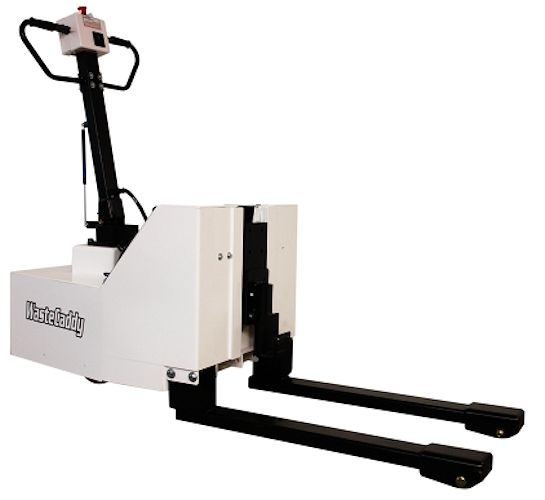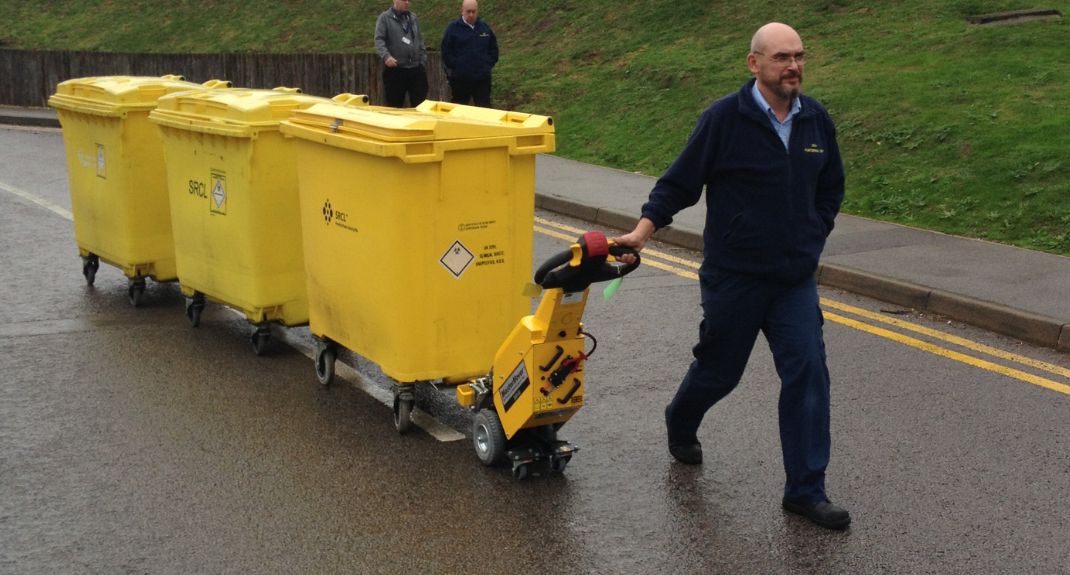Best Trash Can Puller Equipment to Streamline Your Cleanup
Best Trash Can Puller Equipment to Streamline Your Cleanup
Blog Article
Streamlining Waste Administration: Understanding Various Kinds Of Dumpsters
In the world of waste monitoring, the efficiency and performance of operations pivot substantially on the choice of dumpsters utilized. Understanding the numerous kinds of dumpsters offered is crucial for organizations and organizations aiming to simplify their waste management methods. From roll-off dumpsters to compactor dumpsters, each kind serves a distinct function in taking care of various kinds of waste materials. The choice of the ideal dumpster can result in cost financial savings, boosted waste disposal procedures, and lowered ecological effect. By adequately discovering the characteristics and applications of each dumpster type, services can maximize their waste monitoring strategies and contribute to an extra sustainable future.
Roll-Off Dumpsters
Roll-off dumpsters are large, open-top waste containers designed for momentary use in building and improvement jobs. These dumpsters are usually rectangular fit and feature wheels that allow them to be quickly rolled off specialized vehicles and into place at task websites. The open-top design allows construction particles, house scrap, and various other waste products to be successfully transferred right into the container using tools like wheelbarrows or by hand.
One of the primary benefits of roll-off dumpsters is their convenience. In addition, roll-off dumpsters come in various sizes to accommodate various job needs, varying from 10 to 40 cubic lawns.
Front-Load Dumpsters
Front-load dumpsters, unlike their roll-off counterparts, are developed with a top-hinged lid and are frequently used for recurring waste collection at industrial and commercial websites. These dumpsters are cleared by specialized vehicles furnished with pronged arms that grab and empty the containers. Front-load dumpsters are perfect for organizations that generate a regular amount of waste everyday or once a week. They are available in numerous dimensions, normally varying from 2 to 8 cubic lawns, permitting organizations to select the capacity that ideal suits their garbage disposal demands.

Rear-Load Dumpsters
Rear-load dumpsters are a type of waste container frequently used for metropolitan and property waste collection purposes. Unlike front-load dumpsters that are emptied by a hydraulic arm at the front of the container, rear-load dumpsters are designed with hinged doors at the back. These doors allow waste collection employees to by hand fill trash into the dumpster from the back of the vehicle.
Rear-load dumpsters are frequently a lot more ideal for locations where room is minimal or accessibility is restricted since they do not call for as much clearance in the front for the collection car to maneuver. They are frequently seen in household neighborhoods, small companies, and areas with slim streets.
Due to their manual loading nature, rear-load dumpsters are optimal for accumulating bagged or loosened waste that does not require special tools for disposal - Trash Can Puller. They are emptied by tilting the container to empty its contents into the rear of the waste collection truck. This technique is effective for smaller sized waste collection paths and can be economical for communities and waste monitoring business
Compactor Dumpsters
In waste administration procedures, compactor dumpsters provide a space-saving and reliable option for garbage disposal compared to conventional rear-load dumpsters. These dumpsters redirected here utilize a steel ram to condense and compress waste products, enabling for raised waste capacity within the same physical footprint. Compactor dumpsters are perfect for high-volume waste manufacturers such as dining establishments, resorts, and huge office complex where room restrictions or regular waste removal may be an issue.
Among the essential advantages of compactor dumpsters is their capability to reduce the regularity of waste collection pick-ups. By condensing the waste, these dumpsters can hold substantially extra trash than traditional dumpsters, leading to cost financial savings and enhanced functional performance. Additionally, the compressed waste uses up much less area in transportation vehicles, lowering the ecological impact of transport.
Nonetheless, it's crucial to consider the initial financial investment and upkeep costs related to compactor dumpsters. While they use long-term savings through lowered collection frequency, organizations have to evaluate these benefits against the upfront expenses of investing in and maintaining the compactor tools. On the whole, compactor dumpsters are a useful waste management service for organizations looking to optimize area and enhance waste managing effectiveness.
Reusing Dumpsters

Recycling dumpsters give an environmentally mindful solution for setting apart and collecting recyclable products in numerous setups - Bin Puller. These specialized containers are developed to promote the sorting and storage of products such as paper, glass, plastic, and metal, making sure that they can be repurposed instead of winding up in landfills. By implementing recycling dumpsters, businesses, residential complicateds, colleges, and other facilities can effectively manage their waste streams while lessening their environmental effect
One common kind of reusing dumpster is the single-stream container, which allows customers to transfer all recyclables together without the need for arranging. On the other hand, source-separated reusing dumpsters need people to separate different kinds of recyclables into assigned compartments within the container.
Conclusion

Finally, recognizing the different kinds of dumpsters is important for improving waste administration procedures. Roll-off dumpsters are ideal for construction tasks, front-load dumpsters are frequently made use of for organizations, rear-load Website dumpsters are suitable for houses, compactor dumpsters are effective for minimizing waste volume, and recycling dumpsters assist advertise lasting techniques. By picking the best kind of dumpster for particular garbage disposal needs, companies can efficiently handle and minimize their ecological impact.
From roll-off dumpsters to compactor dumpsters, each kind offers a distinct objective in dealing with various kinds of waste products. Unlike front-load dumpsters that are emptied by a hydraulic arm at the front of the container, rear-load dumpsters are made with hinged doors at the back.In waste management operations, compactor dumpsters offer a effective and space-saving option for waste disposal compared to traditional rear-load dumpsters (Garbage Bin Puller). By compacting the waste, these dumpsters link can hold substantially extra trash than conventional dumpsters, leading to set you back financial savings and boosted operational efficiency. Roll-off dumpsters are optimal for construction jobs, front-load dumpsters are typically utilized for services, rear-load dumpsters are suitable for household areas, compactor dumpsters are effective for minimizing waste quantity, and recycling dumpsters assist advertise sustainable methods
Report this page